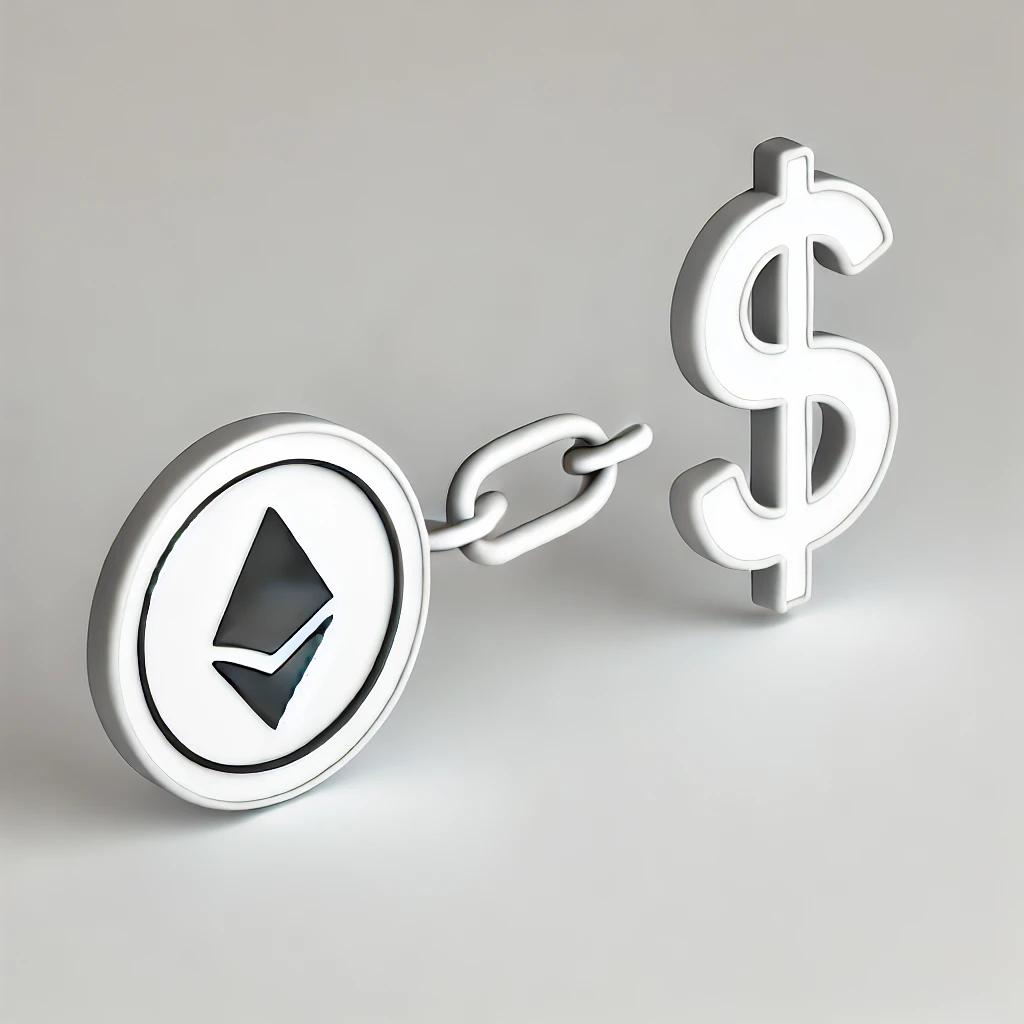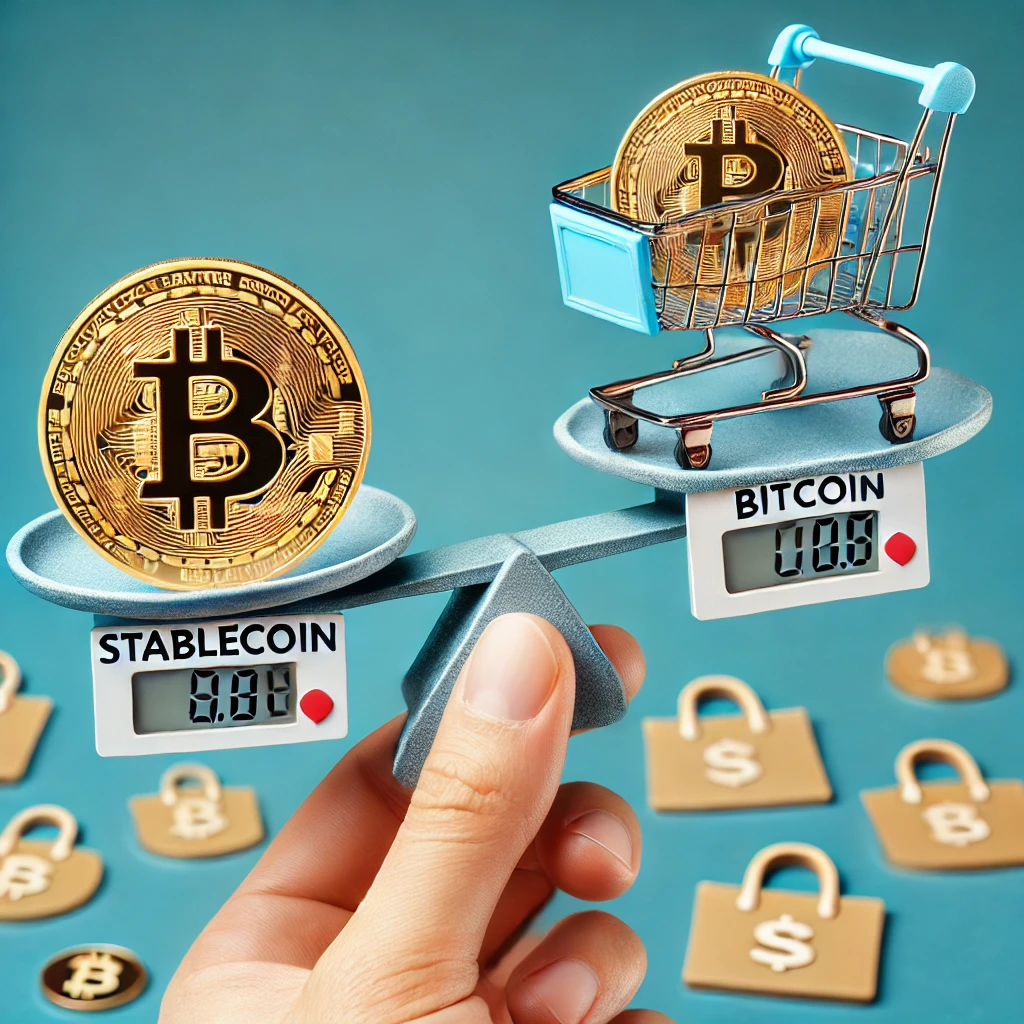Understanding Smart Contracts: The Foundation of Life, Now Enhanced with Blockchain
Contracts are the backbone of modern life. From birth certificates to agreements and even death certificates, contracts mark our biggest milestones. At each stage, a contract is an official record—a promise or a commitment between parties. But traditional contracts are often private, complex, and open to dispute. Smart contracts are changing that. By leveraging blockchain technology, smart contracts make agreements more secure, transparent, and accessible, offering a revolutionary way to bring trust to everyday life and digital transactions.
What Are Smart Contracts?
A smart contract is a self-executing agreement that exists on the blockchain. The terms are written in code, and actions are triggered automatically when predefined conditions are met. Think of it as a digital version of any regular contract, except it doesn’t need an intermediary (like a lawyer or bank) to enforce it. Instead, the blockchain enforces the agreement, verifying actions in real time and making the contract secure, tamper-proof, and publicly verifiable.
For instance, if Party A agrees to pay Party B once a product is delivered, a smart contract will automatically release the payment to Party B once the product’s arrival is verified. This eliminates the need for manual processing and ensures that both parties have a trustworthy, transparent record of their agreement.
The Importance of Contracts in Life and How Smart Contracts Enhance Them
Life is filled with contracts: birth certificates, employment agreements, mortgage documents, and even end-of-life records. Each of these represents a promise, a legally binding agreement that has real consequences. However, traditional contracts are often managed privately, meaning their terms and conditions are only accessible to those directly involved. This privacy can sometimes lead to disputes or misunderstandings, and the reliance on intermediaries can add delays and costs.
Smart contracts, however, bring a new level of openness. Because they operate on the blockchain, they’re not only secure but also accessible to all relevant parties. By eliminating intermediaries, smart contracts provide faster, cheaper, and more reliable agreements.
Imagine this scenario in e-commerce: a customer places an order, and a smart contract automatically handles the payment and shipping verification. There’s no need to contact customer service, because the contract itself holds both the buyer and seller accountable. Once the conditions are met, the contract is fulfilled, and both parties have a clear, indisputable record of the transaction.
Why Are Smart Contracts So Valuable?
The benefits of smart contracts go beyond automation. Here’s why they’re revolutionary:
- Transparency and Trust
Smart contracts are visible to all parties involved, which means everyone knows the terms upfront. This transparency builds trust, as each party has real-time proof of the agreement. In life, having transparent, tamper-proof agreements could mean fewer disputes and a higher level of accountability. - Automation and Efficiency
Smart contracts are self-executing, so they automatically carry out the agreement when conditions are met. This removes the need for manual intervention and speeds up processes, making them ideal for applications in e-commerce, where efficiency is key. - Security and Immutability
Blockchain technology ensures that smart contracts are secure and unchangeable once they’re created. This immutability prevents tampering and reduces fraud, as there’s no way to alter the terms or manipulate the outcome once the contract is live. - Public Verification
Unlike traditional contracts that may be locked away in filing cabinets or private databases, smart contracts exist on the blockchain. This means they’re publicly verifiable, which provides an extra layer of security and accountability. For significant life events—like property transfers, marriages, or wills—smart contracts provide a public record that cannot be disputed.
Real-World Applications of Smart Contracts
Many industries are already adopting smart contracts, showing their potential to transform how we handle agreements:
- E-Commerce Transactions
In online shopping, smart contracts can automate payment and delivery processes, creating secure transactions that minimize the need for manual oversight. Companies like OpenBazaar and Origin Protocol are using smart contracts to facilitate secure, decentralized online marketplaces. - Insurance Claims
Smart contracts can streamline the insurance process by automatically verifying claims and releasing payouts when certain conditions are met. For example, if a flight is delayed, a smart contract could automatically trigger a payout to travelers with flight insurance, eliminating the need to file a claim. - Supply Chain Transparency
From manufacturers to retailers, smart contracts help ensure transparency across supply chains. Each stage of a product’s journey can be verified on the blockchain, reducing counterfeiting and ensuring product authenticity.
The Future of Smart Contracts in E-Commerce and Beyond
Smart contracts have the potential to become the new standard for agreements. In e-commerce, they’re already creating faster, more transparent transactions that reduce fraud and increase efficiency. As more businesses adopt blockchain, smart contracts could streamline everything from online shopping and legal agreements to medical records and estate planning.
In a world where contracts define so much of our lives, smart contracts offer a transparent, secure way to handle these essential agreements. For businesses and consumers alike, smart contracts represent a future where trust and transparency are built into every transaction.
Conclusion
Smart contracts are reshaping how we think about agreements by offering a transparent, secure way to handle life’s biggest commitments. From e-commerce transactions to major life events, smart contracts on the blockchain provide real-time proof and security that traditional contracts can’t match. By embracing this technology, we’re moving towards a future where every agreement is verifiable, automated, and secure, bringing greater trust to our digital and real-world interactions.




